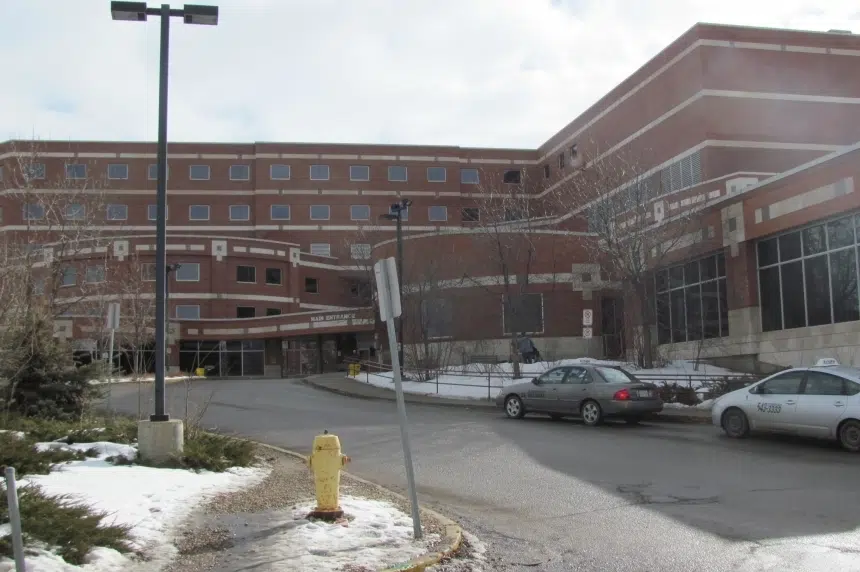More hospital employees in Saskatchewan are heading back to their normal jobs after spending months redeployed because of COVID-19 pressures.
On Tuesday, Saskatchewan Health Authority (SHA) chief of emergency operations Derek Miller reported 93 per cent of redeployed staff had returned to their normal positions.
On Nov. 30, Miller reported the SHA had met its initial goal with around 90 per cent of eligible staff resuming their usual work.
Now, the second phase of the SHA’s work to get employees back in their usual roles is focusing on workers who were redeployed to support intensive care and acute-care services during the province’s fourth wave.
With new daily COVID cases in the double digits, pressures on Saskatchewan hospitals have eased.
“They are trending downwards, which is awesome,” Miller said during a media conference call.
Numbers have lowered significantly in northern and rural areas of the province, according to Miller. There are still higher numbers in Saskatoon and Regina, which offer specialized and tertiary services, though pressures are reducing in those locations as well.
Miller said the SHA had previously considered and assessed closing some surge and acute-care beds to support staff returns, but decided that wasn’t a priority because the capacity was needed to meet the COVID demands on hospitals still at the time.
As a result, 125 out of 229 redeployed workers — 55 per cent — have been returned to their home positions.
“We have significantly resumed services across the province both with this as well as the service resumption plan,” Miller said.
Of the 395 services that have been slowed since early September, 283 are back up and running and 58 are partially resumed.
Miller said the SHA expects to keep returning staff as COVID pressures and numbers decline.
Shelf life expanded for expired rapid tests
It’s not time to throw out those COVID-19 rapid tests with expired dates just yet.
Saskatchewan Public Safety Agency president Marlo Pritchard said Health Canada has extended the shelf life for those tests.
“The tests are safe and accurate,” Pritchard said during Tuesday’s conference call.
For rapid tests with an expiry date in 2021 listed, an extra 10 months can be added to the life of the test. Tests with a 2022 date can be extended by four months.
During the news conference, the province couldn’t provide the number of rapid test kits that had been distributed with a past-due expiry date.







